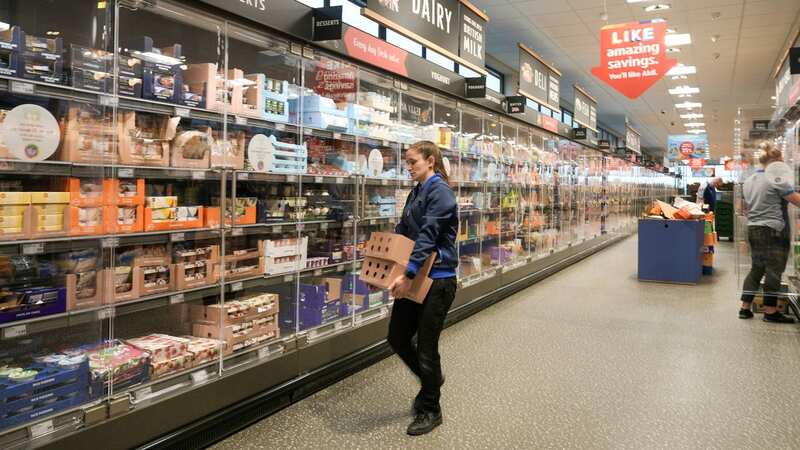Food inspector shares four supermarket items they avoid at any expense

You'd like to think those who monitor the food sold in shops and supermarkets know their stuff - so if they avoid certain foods, shouldn't we all?
Their role is vital in ensuring what is sold to us is safe, and the conditions they are prepared in are up to a safe standard, and now one inspector has shared the certain foods they will always avoid while doing a food shop in the supermarket.
Food sold, sourced, distributed and maintained in the UK has to be up to the guidelines set by the Food Standards Agency and it's in place to safeguard public health.
Dr. Bryan Quoc Le, a food chemist and industry consultant based in Washington state has shared the certain foods he will always avoid as he claimed it's just not worth the risk. The first is unpasteurised milk, commonly referred to as raw milk. Unlike pasteurised milk, which goes through a heating process to eliminate pathogens, this can help to extend shelf life, whereas raw milk retains its natural state.
However, by not being pasteurised, it can increase the risk to consumers as it may contain harmful germs such as salmonella, E. coli, listeria, brucella, and more. "There are a lot of people who tout [raw] milk as having all these health benefits, but it's just not worth the risk because there are a lot of pathogenic organisms that are still alive in that milk, especially if it's coming straight from a processing facility," Dr Bryan explained.
 Asda praised over inclusive kids clothing range with holes for feeding tubes
Asda praised over inclusive kids clothing range with holes for feeding tubes
Another supermarket food Dr Bryan avoids is anything that has been pre-cut, specifically produce that has been cut in grocery stores and convenience stores. "If you're going to eat pre-cut produce raw, you are dealing with the same amount of microbial risk as you would with sprouts.
"That's because I don't know what the person behind the counter has done while cutting the produce and what practices they implement. Packaged food, by law, has to go through a stringent process but food that has been produced on-site doesn’t necessarily."
One item, in particular, the expert will avoid is pre-cut melon as they are more susceptible to bacterial growth due to their "moist and porous nature" according to The Express, and food safety experts issue a caution to people when buying and eating pre-cut produce and urge people to wash and store them properly to "minimise the risk of foodborne illnesses".
Echoing this, Professor Kali Kniel, a microbiologist at the University of Delaware explained the risk of raw sprouts such as radish, alfalfa and clover sprouts. Even though they are a great and nutritious addition to any meal, the expert revealed they can contain harmful bacteria like E. coli and salmonella.
"In order for sprouts to germinate, the seeds cannot be adequately disinfected to kill all the salmonella that could be there, for example. But, in saying this, let's keep in mind that there are sprout growers who are doing a great job and pay close attention to cleaning and sanitation," the professor explained.
Read more similar news:
Comments:
comments powered by Disqus

































